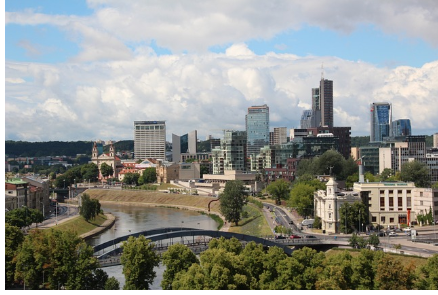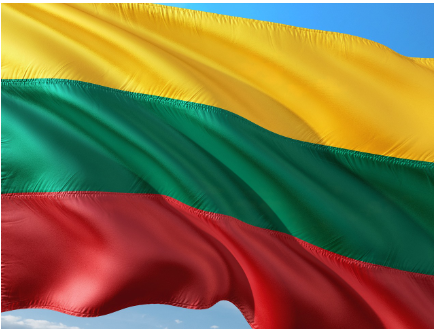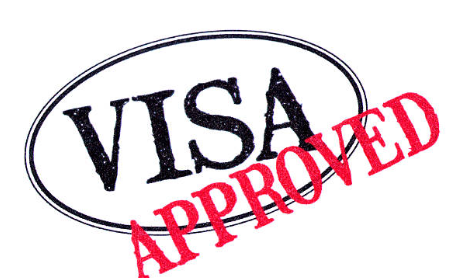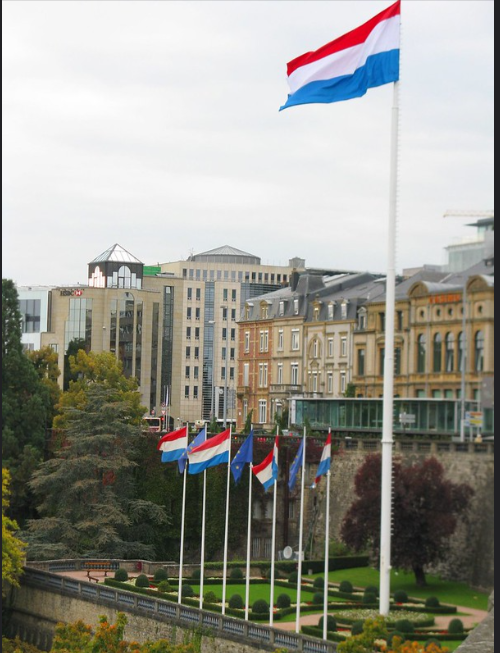
With a high-quality lifestyle, growing economy and affordable living, more and more expatriates and professionals are moving to the Baltic’s best kept secret, Lithuania. So, whether you want to pursue a job, start a business, or simply settle in a serene European country, there are many options available for relocation to Lithuania.
Work Visa & EU Blue Card
In Lithuania obtaining a work visa is the most frequent way for foreigners to get employment here. This is a sponsored post — you need a guaranteed job offer from a Lithuanian employer to qualify.
Work Permit Visa– A work permit is essential for non-EU citizens, which can only be obtained through employer sponsorship.
Highly skilled professionals with a job offer 1.5 times higher than the average Lithuanian salary can apply for an EU Blue Card that will give them residence rights as well as a pathway to long-term stay in the country.
Business & Startup Visa
There are four main options for entrepreneurs willing to move to Lithuania:
Startup Visa: Designed for creators of innovative businesses, this visa enables non-EU entrepreneurs to start and operate their startups in Lithuania with little residual assets.
Self-Employment Visa: You are eligible to apply for a self-employment visa if you intend to work as a freelancer or develop a small business. You can get the visa by registering a legal entity in Lithuania.
Student Visa
It is possible for the international students to migrate to Lithuania by applying for a university/educational institution which is an internationally recognised. They can apply for student visa (Type D), which grants them the possibility to remain in the territory as long as they study, while being allowed to work (part time) – max. 20 hours/week. Students can apply for a post-study employment visa upon graduation to stay and work.
Family Reunification Visa
If you are married to (or related by blood) to a Lithuanian citizen or legal resident, you may apply for a family reunification visa. The family members are permitted to live and work in Lithuania on this visa.

Digital Nomad & Remote Work Options
With its low cost of living and high-speed internet, Lithuania has become a favorite location for remote workers and digital nomads. There is no official digital nomad visa, but remote workers who can prove they are financially stable can request a freelancer visa or temporary residence permit.
LOT 3 – Permanent Residency & Citizenship Pathways
Temporary Residence Permit (TRP) — Usually issued for 1–2 years and renewable. Permanent residency can be requested after 5 years of legal residency.
Lithuanian Citizenship: After 10 years of legal residence, immigrants may apply for naturalization if they pass a language and history exam.
Why Move to Lithuania?
LOW COST OF LIVING: Living costs are lower than in Western Europe.
Thriving Economy: Expanding technology and enterprise industries.
Schengen access: Residents can travel without visa between 27 Schengen EU countries.
Quality of Life: Safe cities and good healthcare and rich culture.
Final Thoughts
In Lithuania 2025 workers, entrepreneurs, students, and families have various options for relocation. Getting started: With the proper visa or permit, relocating to this colorful Baltic country can be seamless and satisfying. If you are thinking of moving, getting familiar with visa rules and consulting an expert on the application process can make the move go smoother.




